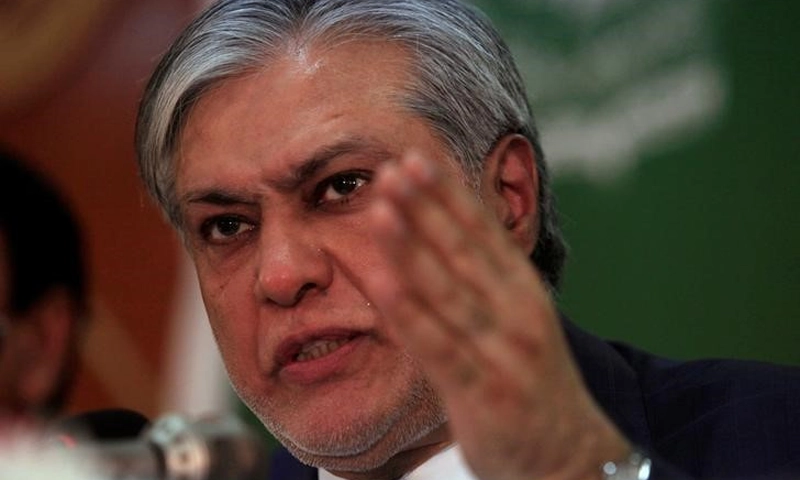- Web Desk
- Feb 24, 2026
Having the cup of tea in Kabul proved to be very costly: Dar
-

- Web Desk
- Jul 11, 2025

KUALA LUMPUR: Deputy Prime Minister Ishaq Dar on Friday said having a cup of tea in Kabul and opening Pakistan’s borders to terrorists were very damaging moves, a reference to the policy of the then PTI government after the Taliban returned to power in Afghanistan.
He was talking about the then ISI chief Lt-Gen (retd) Faiz Hameed who had famously remarked in September 2021 that “everyone thing would be okay” while sipping tea in a hotel in Kabul.
The former spymaster had arrived in Afghanistan soon after the Kabul takeover by the Taliban when the media persons noticed him in a lobby of the hotel.
Later, Imran Khan had admitted allowing the TTP terrorists to relocate and settle in the erstwhile tribal region of Khyber Pakhtunkhwa — a move that resulted in resurgence of terrorism in Pakistan.
Read more: Corps commanders for ‘decisive action’ against Indian proxies
On Friday, Dar, who is also Pakistan’s foreign minister, told a gathering on the sidelines of the ASEAN summit that US Foreign Minister Marco Rubio at 8:15am on May 10 in a phone call informed that India wanted a ceasefire.
The call was received just over three hours after Pakistan retaliated to the Indian aggression through Operation Bunyanum Marsoos, targeting the military installations deep inside India along the border.
India had started the war [on May 7] , which also ended on Indian request, he remarked.
At the same time, Dar told the audience that the military-to-military ceasefire between Pakistan and India was working well, However, the deputy prime minister added, that the Indian political leadership wasn’t able to digest the ceasefire.
INDUS WATERS TREATY
On this subject, Dar described the Modi government’s decision to put the Indus Waters Treaty into abeyance a strange move.
India can neither stop Pakistan’s water nor can divert it, he said while keeping the principles set by the Indus Waters Treaty in mind.
Read more: Arbitration court says Indus Waters Treaty suspension is illegal
Recalling the details of the Pakistani response to the unilateral move, he said Islamabad banned the Indian aircraft using the country’s airspace.
In this regard, Dar also recalled that an emergency meeting of National Security Committee had decided to give a befitting reply to the Indian aggression.
He also highlighted the fact that India was facing isolation at the world stage, as its narrative failed to attract support.
Pakistan’s missile programme is the country’s [protective] shield, he noted.




